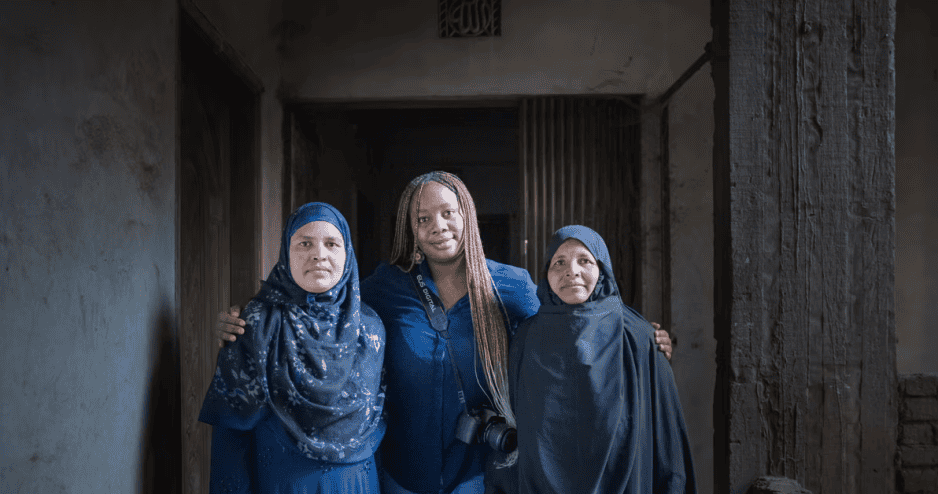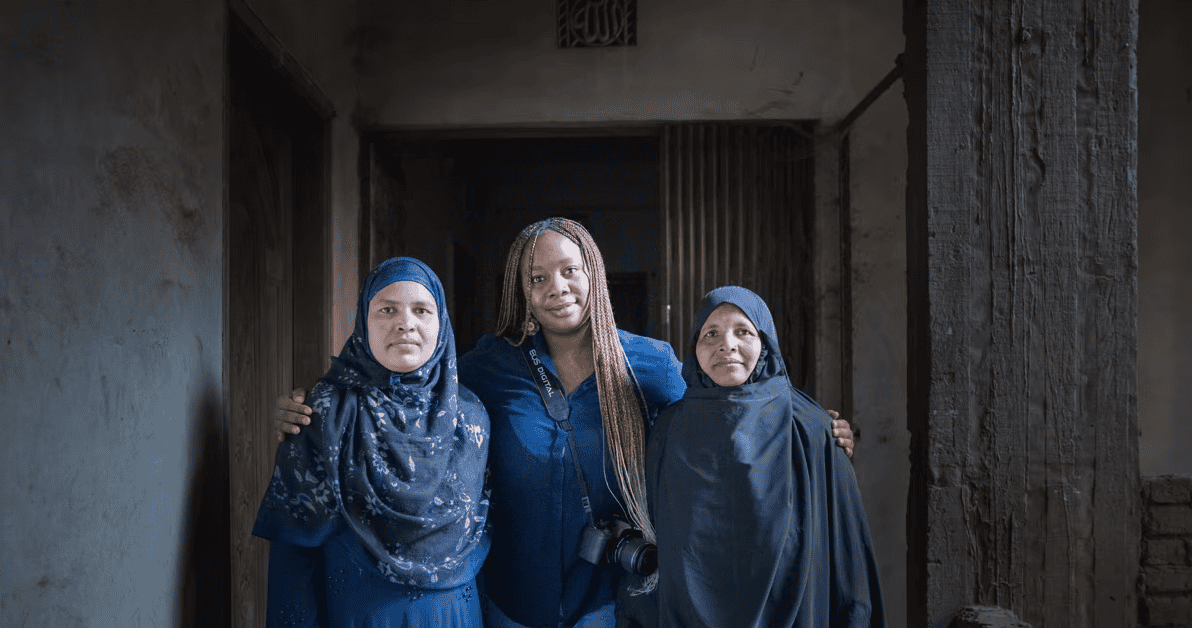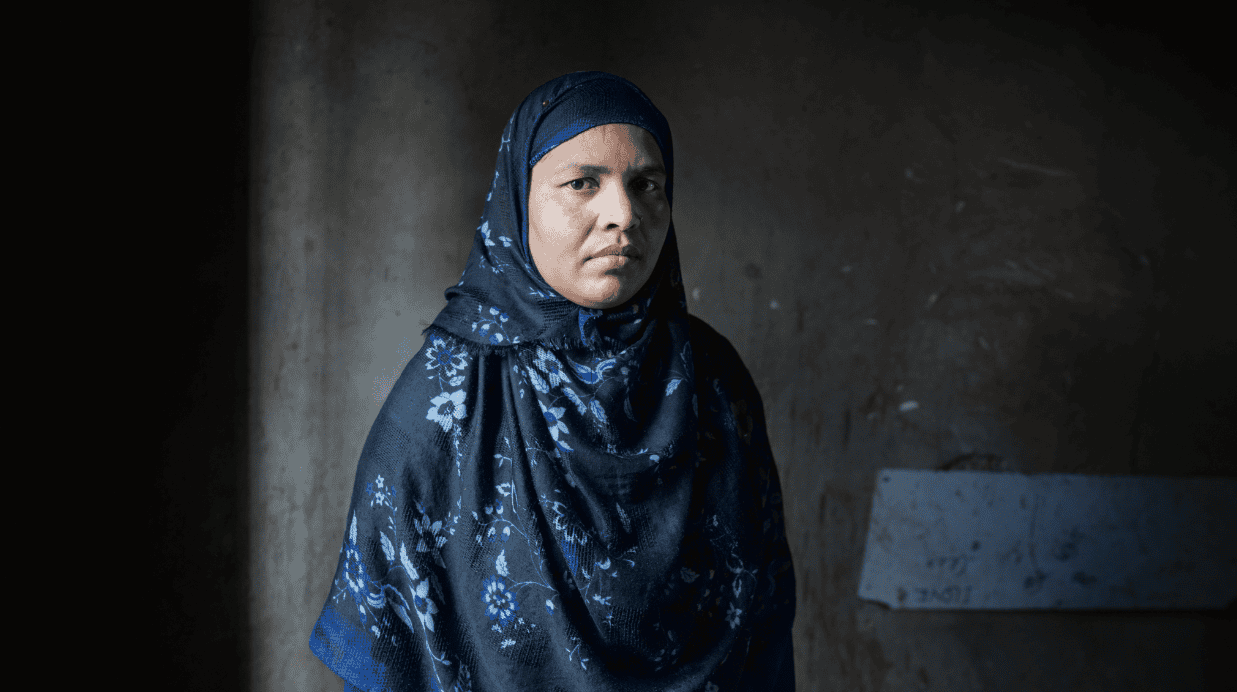As we mark the 11th anniversary of the Rana Plaza disaster, Nilufa Yasmin’s story is a poignant reminder of the devastating human cost behind the clothes we wear. On that fateful day on April 24, 2013, the deadliest garment factory accident in history took place where an eight-story building housing five garment factories collapsed, claiming the lives of 1,135 garment workers. Nilufa’s life changed forever. “It’s hard for me to describe the day, I will not be able to sleep at night if I tell you,” she told me, and those words stuck with me. Trapped under the rubble and a metal beam, she suffered a fractured spinal cord, enduring not only physical pain but also the trauma of witnessing the collapse of a workplace that failed to prioritize the safety of its workers. The loss of her colleagues and friends and a way to provide for herself and her family still sticks with her a decade after the tragedy. I had the privilege and honor of meeting Nilufa last year in Dhaka. Her resilience in the face of adversity continues to inspire me every day.
“It’s hard for me to describe the day, I will not be able to sleep at night if I tell you,”
Nilufa
Nilufa’s testimony echoes the sentiments of thousands of garment workers in Bangladesh who were on the streets of Dhaka last fall, fighting for fair wages and safe working conditions. Their demands for living wages were met with increasing violence across Dhaka between October and December of last year. Reports emerged of merciless beatings targeting protesters and workers, as their peaceful demonstrations for a livable wage turned into violent clashes with authorities. Despite the risks, loss of life, and the brutality they faced, garment workers stood firm in their demands for dignity and fair compensation. The negotiations saw a slight increase in wages to now $155 a month from $100 a month, but this still falls far short of a decent standard of living given the growing cost of living. The revised minimum wage is only 54% of what workers should be paid to receive a living wage, leaving workers like Nilufa struggling to put food on the table, save any discretionary income, afford medication, or put their children through school.
Nilufa and other worker activists are calling on fashion brands sourcing from Bangladesh to do better, much better. While some global brands like H&M have committed to paying living wages, most continue to avoid their responsibility to ensure workers’ rights to living wages and safe working conditions. They need to do more than just pay lip service to voluntary corporate social responsibility guidelines; they need to take concrete actions to ensure that tragedies like Rana Plaza never happen again, and that workers are adequately compensated for their work. Garment workers have the right to a living wage, safe working conditions, and dignity in the workplace, just as we all do.
One thing Nilufa said really stuck with me: “Workers deserve to be paid fairly for their labor. They deserve respect and dignity. They deserve a life free from fear and exploitation.” It’s a simple yet powerful reminder that behind every piece of clothing lies the sweat and toil of the women who make our clothes, whose lives are too often overlooked in the pursuit of profit.
As we reflect on the 11th anniversary of Rana Plaza, let’s honor the memory of 1,134 workers who lost their lives by standing in solidarity with survivors like Nilufa. Let’s demand accountability from brands like Joe Fresh and lululemon; and the Canadian government that is yet to enact a mandatory human rights due diligence law. And let’s work together to build a future where no one has to sacrifice their lives for the clothes on our backs.
At Oxfam Canada, we are taking a stand and need your support to ensure poverty wages are not woven into the fabric of our clothes. Join us by signing the pledge to stand with the women that make our clothes and call on Canadian fashion brands to pay a living wage.
Nilufa’s journey may be marked by pain and struggle, but her spirit remains unbroken. She reminds us that even in the darkest of times, there is hope for a better tomorrow. Let’s make that hope a reality and stand with the women that make our clothes.


